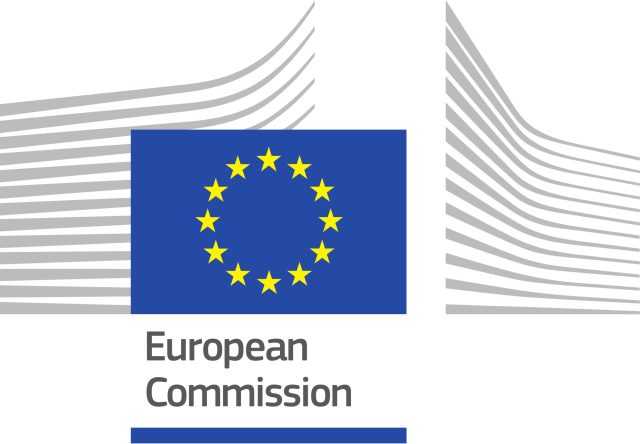The iPad is a luxury toy. It’s also a powerful, adaptable tool. That much has become obvious over the past two years as the device has made its way into classrooms, cockpits, and hospitals.
The iPad’s fairly steep price, however, has kept it firmly entrenched in the developed world. That’s starting to change, as evidenced by efforts from Exprima Media and coffee importer Sustainable Harvest to bring the iPad to coffee co-ops and farmers in East Africa, Mexico, and South America.
Over the past two years, Exprima and Sustainable Harvest have unveiled a suite of efficiency and traceability iPad apps—the Relationship Information Tracking System (RITS) suite—for coffee farmers in the developing world.
The companies don’t market directly to farmers; instead, they sell to coffee co-ops, which either purchase the iPads themselves or seek out third-party-funded grants.
The RITS Ed app, piloted this year, features over two hours of training videos in a variety of languages related to everything from agronomy best practices to growing protein-rich mushrooms out of coffee production waste.
“The people we work with have limited infrastructure, and dialing up YouTube is not a reality,” says Debra Rosenthal, Director of Technology Development for Sustainable Harvest.
“The training videos featuring industry experts, so we’re putting experts in the hands of trainers that work for those co-ops.” In 2011, seven Tanzanian farmers used the app to train their fellow local farmers. They were able to train an incredible 106 farmers in a month.
The RITS Producer app, a supply chain management program that has been used in Tanzania since 2010, allows producers to track the coffee they process—how much is produced, how it’s milled, payments received, and where its final destination is located.
This past year, Sustainable Harvest sold some raw coffee beans to Allegro Coffee (the Whole Foods coffee brand) for sampling.
The company stuck a QR code on the back, so that when the quality control manager at Allegro received it, he could see scan the bag and see all the coffee roasters involved, the ratings of various coffees that came from the co-op, and more.
“It’s an unprecedented level of transparency in what has historically been an opaque supply chain,” says Rosenthal.
Finally, the RITS Metrics app, first piloted in Tanzania this year, allows agronomists or other coffee co-op leaders to speed up the third-party certification process by storing surveys from members offline.
When the farmers return to a place that has an Internet connection (the coffee co-op headquarters, for example) the information is uploaded to a cloud server. “This replaces what used to be a suitcase of papers on the back of an agronomist’s motorcycle,” explains Rosenthal.
There’s a reason that these apps haven’t been customized for cheaper netbooks instead of the pricey iPad: The learning curve to master the iPad is much shorter than that of traditional computers because the device is so intuitive.
It’s also proving to be an attractive tool to keep the younger generation interested in farming—the iPad is easy to use as a training tool and it’s hard to deny the “cool” factor. “We went to Peru and introduced the RITS app to co-op employees.
The president of the co-op got emotional and started talking about how he saw this as way of engaging children and women to keep them in agriculture,” says Corey Pressman, president of Exprima Media. Score another point for the iPad: the gadget that’s preserving agricultural traditions.
Ariel Schwartz






